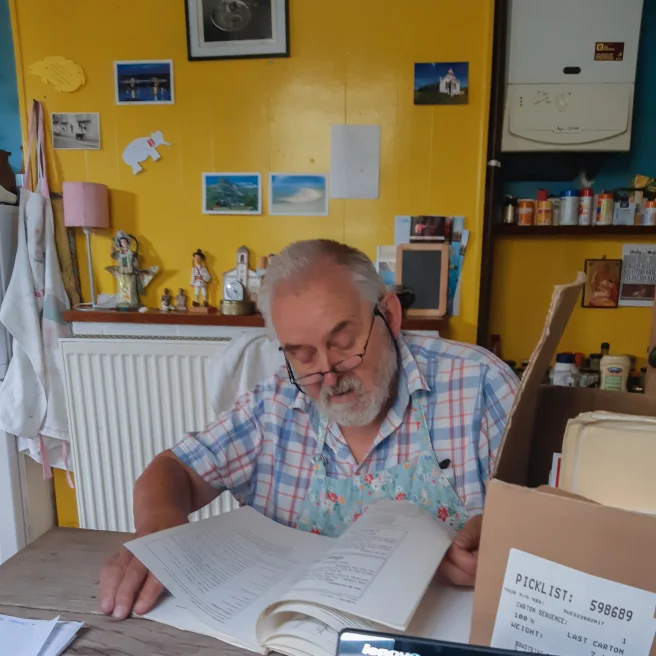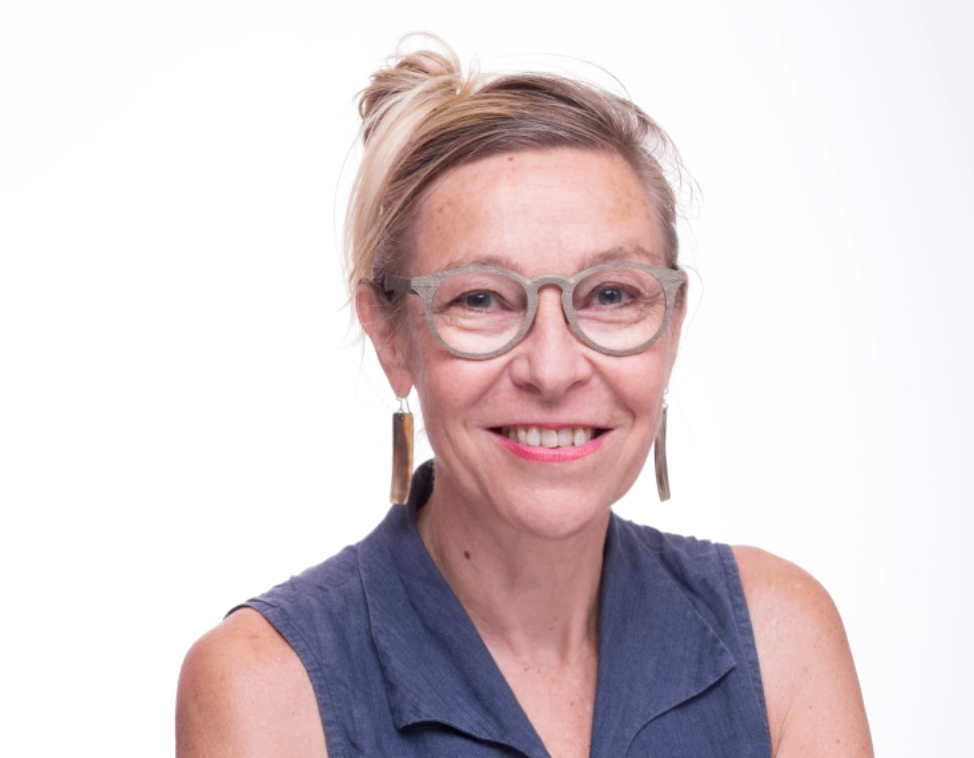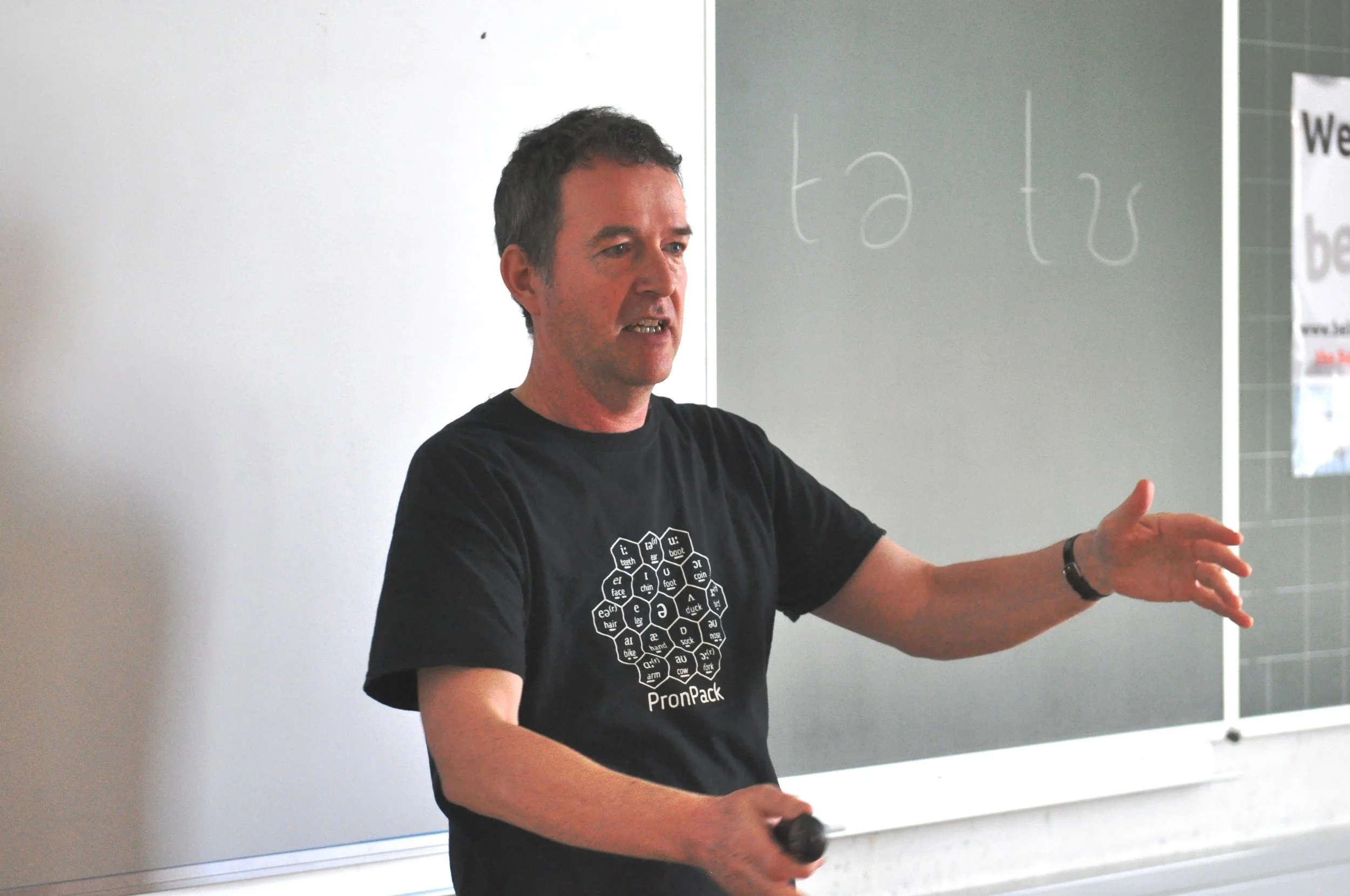Dilemmas in Language Assessment (with Kathleen Bailey)
Using Stories in Language Teaching (with Mario Rinvolucri)
How Languages Are (And Aren't) Learned (With Patsy Lightbown)
Making Language Meaningful Using Games (with Andrew Wright)
End of Year Special: What's The Best Way To Become A Better Teacher (With Thomas Guskey)
If you regularly listen to this podcast, the chances are you listen because you want to be a better teacher. But what is the best way to become a better teacher? Is it attending training? Is it being observed by your boss? Is it watching your peers teach? In a special end of year double length episode, Professor Thomas Guskey, author of Evaluating Professional Development talks to us about the best way to help teachers learn and the evidence for workshops, peer observations and what the best teachers do that the rest of us don’t.
The Downsides to Speaking (with Professor Stephen Krashen)
Students need to speak to learn a language and the more students talk, the more they learn. Not according to Professor Stephen Krashen. For 40 years he has championed the concept that what students should be doing in class is reading (and listening), not speaking. In this episode, Stephen tells Ross some of the arguments against forcing students to speak, something which might not just be inefficient, but in some cases counterproductive.
Remembering More, Forgetting Less (with Lesley Painter-Farrell)
In this episode, I had the privilege of speaking with Professor Lesley Painter Farrell about how we can help students retain more language lessons for the long haul. During the podcast, Lesley outlines the difference between short-term learning and long-term memory. We discuss evidence-based techniques teachers can implement to optimize retention. Lesley also shares some simple but effective techniques such as recycling content across lessons, building in reflection time, avoiding cognitive overload, and using retrieval practices. Listen now to uncover how we can help our students remember more.
Teacher Evaluation - A Double Edged Sword (with Professor Kathleen Bailey)
Professor Kathi Bailey joins us to discuss teacher evaluation. Teacher evaluation can do so much good, but it can also end up doing even more harm. Professor Bailey tells us about what supervisors can do to earn trust, why supervision and evaluation is important, and how everyone can make the most out of the process.
Young Learners Doing Communicative Tasks (with Annamaria Pinter)
Deliberate Learning (with Jeremy Harmer)
What Motivates Teachers to Develop? (With Amol Padwad)
I speak with Amol Padwad from Ambedkar University Delhi about teacher motivation and teacher development. What incentives make sense for teachers at different stages of their career? What demotivates teachers from wanting to develop? And how can schools encourage all their teachers to develop without forcing them?
Independent Play in English with Very Young Learners (with Sandie Mourão)
Researching Your Own Teaching (with Anne Burns)
Learning to Learn with Children (with Gail Ellis)
Replacing Texts With Pictures (with Mark Hancock)
Texts are a starting point for many lessons. But what about using a text with no words? Mark Hancock (author of Pronunciation Games, English Pronunciation in Use, Pron Pack and Pen Pictures) tells us about basing lessons around pictures and using these to generate stories, descriptions, language needs and much more.
Building the Perfect Coursebook (with Professor Brian Tomlinson)
Teaching Grammar Lexically (with Hugh Dellar)
Are MA TESOL Courses Failing Teachers? (with Thomas Farrell)
Vocabulary: What to Teach and How to Teach It (with Michael McCarthy)
Professor Michael McCarthy joins me to talk about what vocabulary we should teach and how to teach it. Mike tells us about the most common words in English and what non-common words we should teach our students, what aspects of vocabulary we should teach at different levels and how to stop students from forgetting the vocabulary they’ve already learned.



















